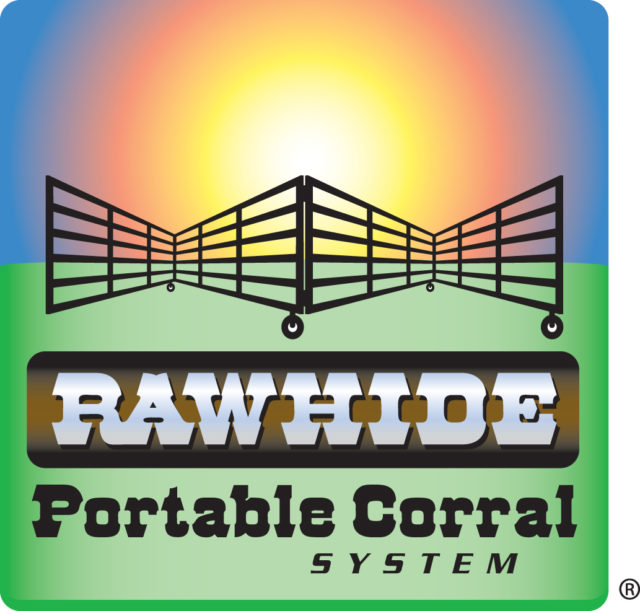Avalos will visit the new temporary inspection facilities Friday in Eagle Pass with Congressman Ciro Rodriguez, D-Texas.
“The cattle trade provides an important source of revenue for American producers and buyers and we are committed to maintaining the important trade relationship between the U.S. and Mexico,” Avalos said. “The new inspection location announced today is part our ongoing effort to aggressively pursue opportunities to keep trade lines open in spite of the recent security challenges.”
Since March 2010, USDA has suspended activities at three different livestock inspection stations in Northern Mexico, due to security concerns related to drug cartel violence. USDA took this action to protect the safety of veterinary personnel who traveled into Mexico to inspect and clear shipments of cattle destined for the U.S.
Recognizing the importance of maintaining trade, USDA immediately began diverting shipments to other ports in the area. Additionally, in order to resume regular import activities as quickly as possible, USDA identified two new, temporary locations inside the United States at the border crossings of Pharr/Hidalgo and Laredo. Operations at the new location near Pharr resumed May 12, while Laredo operations resumed May 18. Because the Piedras Negras/ Eagle Pass port is a major cattle crossing area, USDA signed a lease with Amistad Pens for a temporary facility in Eagle Pass on Oct. 7. The Amistad Pens are expected to begin accepting shipments of cattle from Mexico by the end of October.
In identifying possible sites for temporary locations, USDA must ensure that imported animals are appropriately inspected to safeguard U.S. agriculture. This means that sites must have the appropriate handling and dipping facilities, can meet the anticipated volume of animals, and are readily accessible to cattle brokers and dealers. Throughout this process, the USDA has worked to ensure the reliability and consistency of the import process by coordinating closely with producers, industry groups, the Texas Animal Health Commission, and the U.S. Department of State.
“We have not made these decisions lightly,” Avalos said. “We are constantly working to identify the best immediate and long-term solutions, and we will continue to work directly with producers and all partners affected by this ongoing situation.” ![]()
-- USDA Communications








